BBC Sports Personality of the Year: At least we know Tyson Fury is bigoted, which is more than you could say for previous winners
We will have to wait until the awards ceremony to see whether the now vocal 'anyone but Tyson' movement prevails

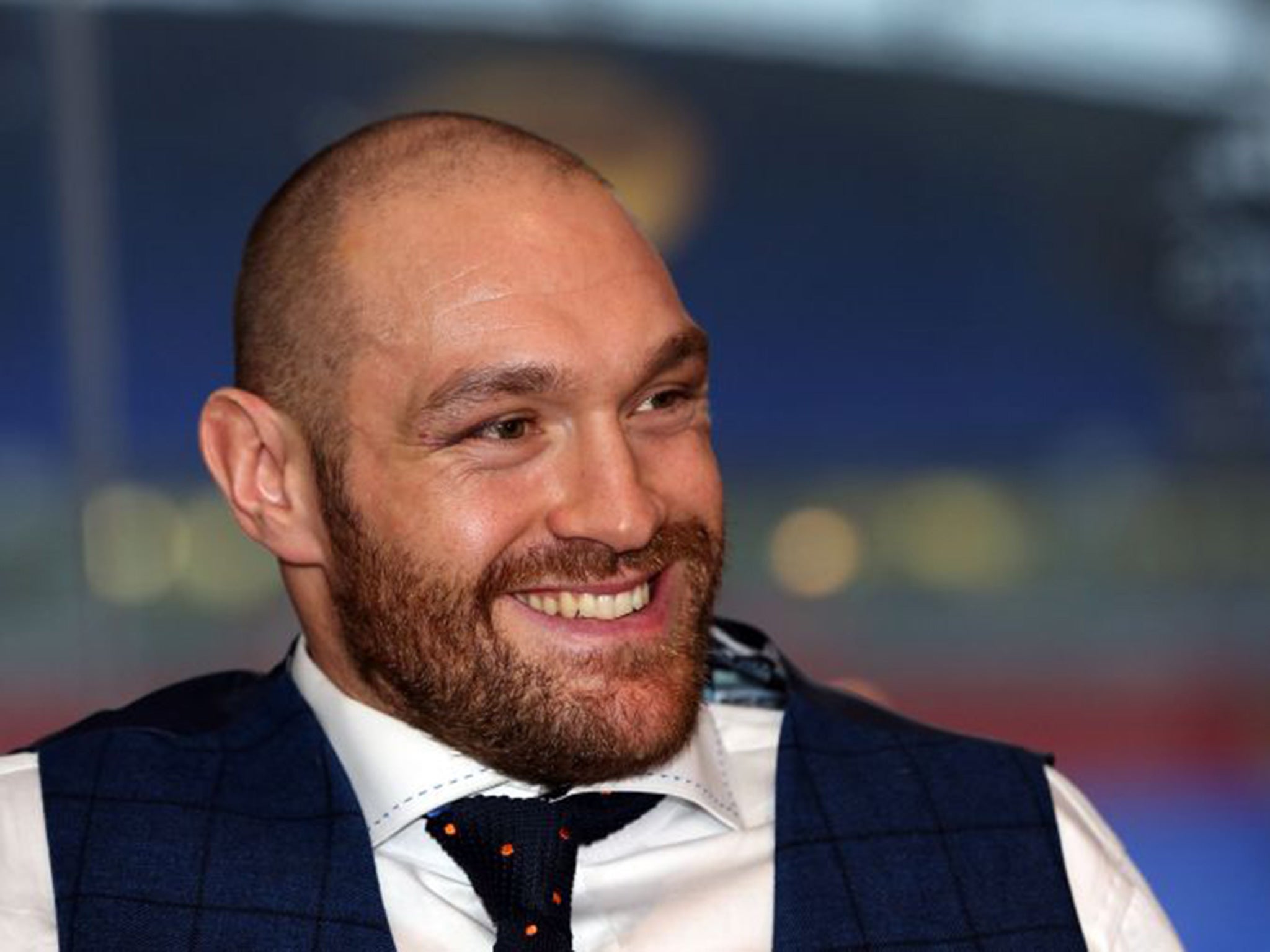
There is no doubt he is a sportsman, with a personality. The trouble is that not everyone likes the personality of newly crowned world heavyweight champion Tyson Fury.
When the shortlist for BBC Sports Personality of the Year (SPOTY) was announced, the corporation published a handy introduction to the 12 shortlisted contenders, with Fury’s “what he said” segment reading: “I will be the most charismatic champion since Muhammad Ali.”
Unfortunately, nearly everyone else noted that what he also said was: “There are only three things that need to be accomplished before the devil comes home: one of them is homosexuality being legal, one of them is abortion and the other one’s paedophilia.”
And “I believe a woman’s best place is in the kitchen and on her back.”
We will have to wait until the awards ceremony to see whether the now vocal “anyone but Tyson” movement prevails, or whether Fury’s particular brand of “charisma” wins a surprise points victory.
But until then, perhaps some more fundamental questions should be asked, such as: “Do you actually need a personality to win Sports Personality of the Year?” And “Might having a personality ruin your chances of winning?”
The key exhibit in the case against SPOTY would have to be Nigel Mansell, a man who, for much of his career, seemed on a mission to turn the hitherto glamorous sport of Formula 1 into a monotone moan-athon.
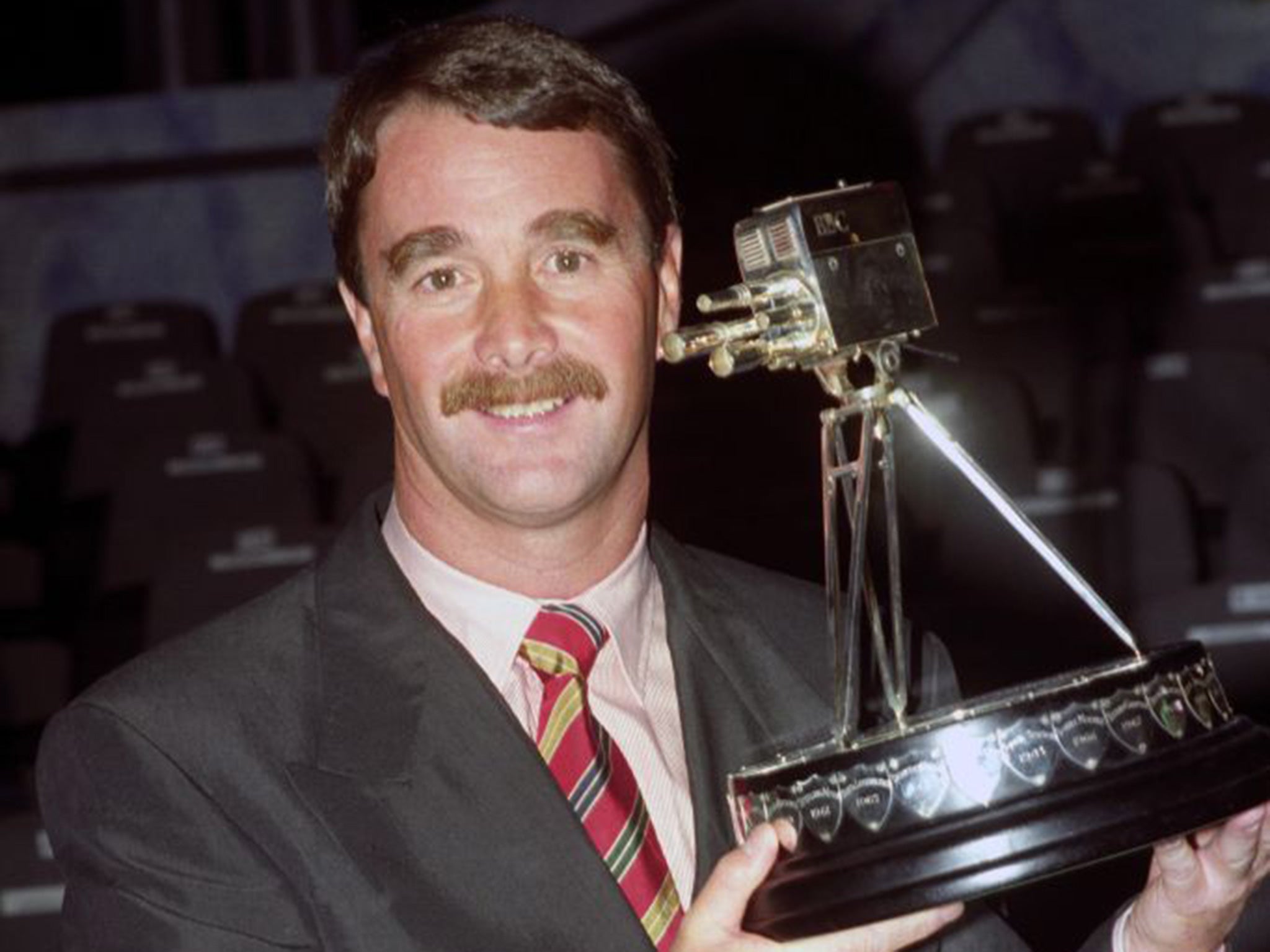
Ask many people what they remember about Mansell’s personality and it will probably be his moustache. Yet he is one of only three people to have won SPOTY twice.
He first won in 1986, when the other “stars” of the night appear to have been World Cup Golden Boot-winner Gary Lineker, and the record-breaking greyhound Ballyregan Bob. (And dogs aren’t eligible for the award.)
Mansell won again in 1992, after clinching the F1 World Championship, and also after his own team boss Frank Williams reportedly remarked: “We’ll miss Nigel as a driver, but not as a bloke.”
Mansell, it should be said, was a competitor of extraordinary courage, driving with broken vertebrae on one occasion and racing with a broken neck on another.
But he had nowhere near the dash of James Hunt, who prepared for the 1976 Japanese Grand Prix by sleeping with 33 air stewardesses in a fortnight, and then entertained another woman in a pit garage moments before driving the race of his life to snatch the world championship from Niki Lauda.
James Hunt never won Sports Personality of the Year. He came second in 1976, to Olympic and world figure skating champion John Curry.
But perhaps Mansell was just a two-time blemish on an otherwise unbroken parade of sparkling personality, of sportspeople like, for example, the 1988 winner, snooker champ Steve Davis.
Or as he is otherwise known: Steve “Interesting” Davis. Here was a sportsman so outstandingly boring that in his Eighties pomp, Spitting Image made a puppet of him and showed Steve nicknaming himself Interesting – the joke being that he was anything but.
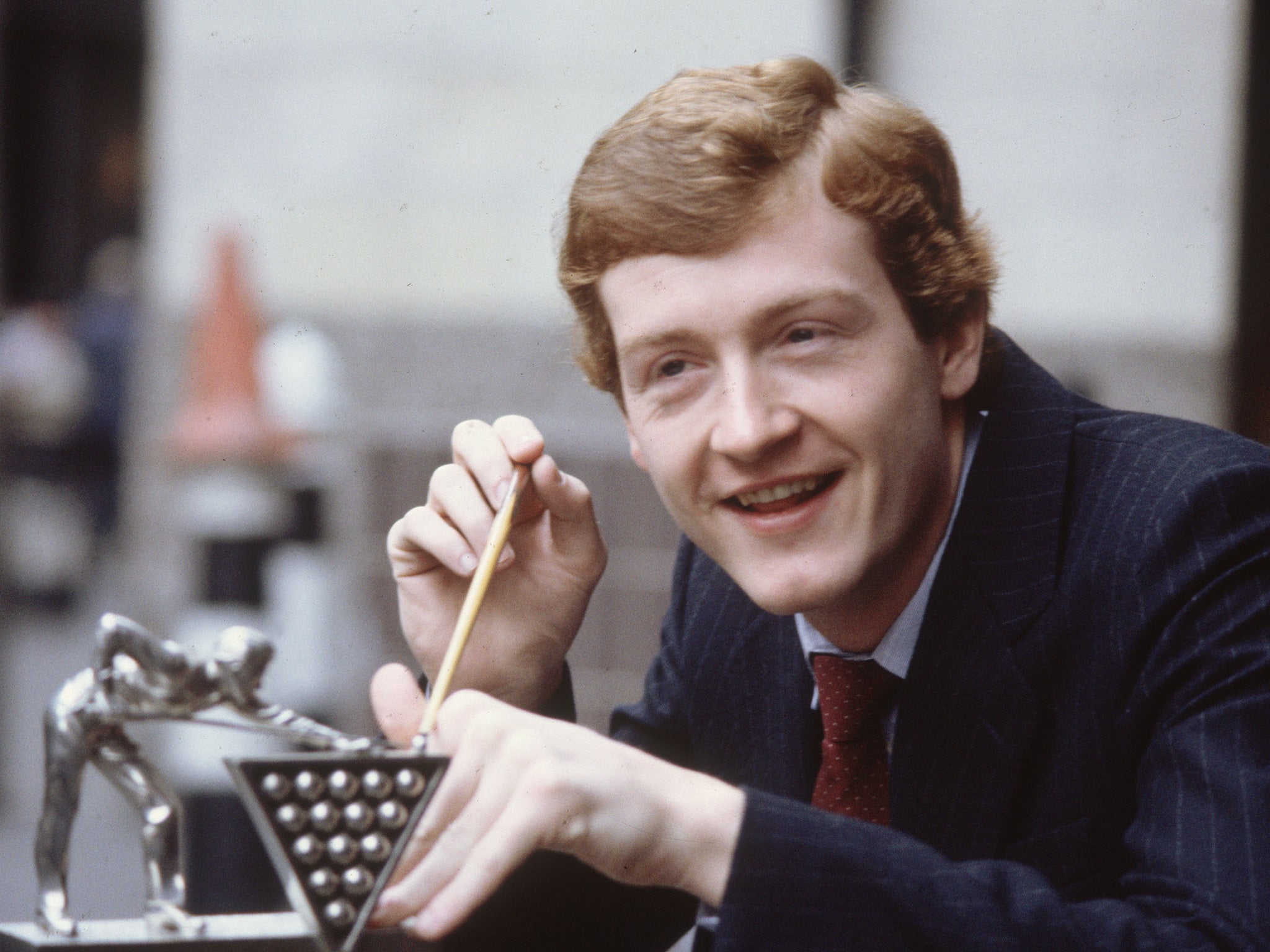
In later years – when he did become genuinely interesting – Davis has himself admitted: “I wasn’t aware of how boring I obviously was, because I was a winning machine with no personality.”
Against Mansell and Davis, though, must be weighed the imposing figure of Ian “Beefy” Botham.
He won the award in 1981, largely due to his heroic performance at Headingley that summer during the Ashes. It was the third day. England were suffering another batting collapse. So hopeless did their position appear that they had already checked out of their hotel. Then out came Botham, swinging his way to an unbeaten 149, turning the tide of battle towards a near miraculous victory.
So, Tyson Fury take note, sometimes personality can win. Although to guarantee victory what you really need are tears and an enormous pair of fake breasts.
Just look at Paul Gascoigne. First the young Gazza won the nation’s hearts with his tears during the Italia 90 World Cup semi-final. Then he returned home to a hero’s welcome at Luton Airport and greeted the waiting crowd wearing two large plastic breasts.
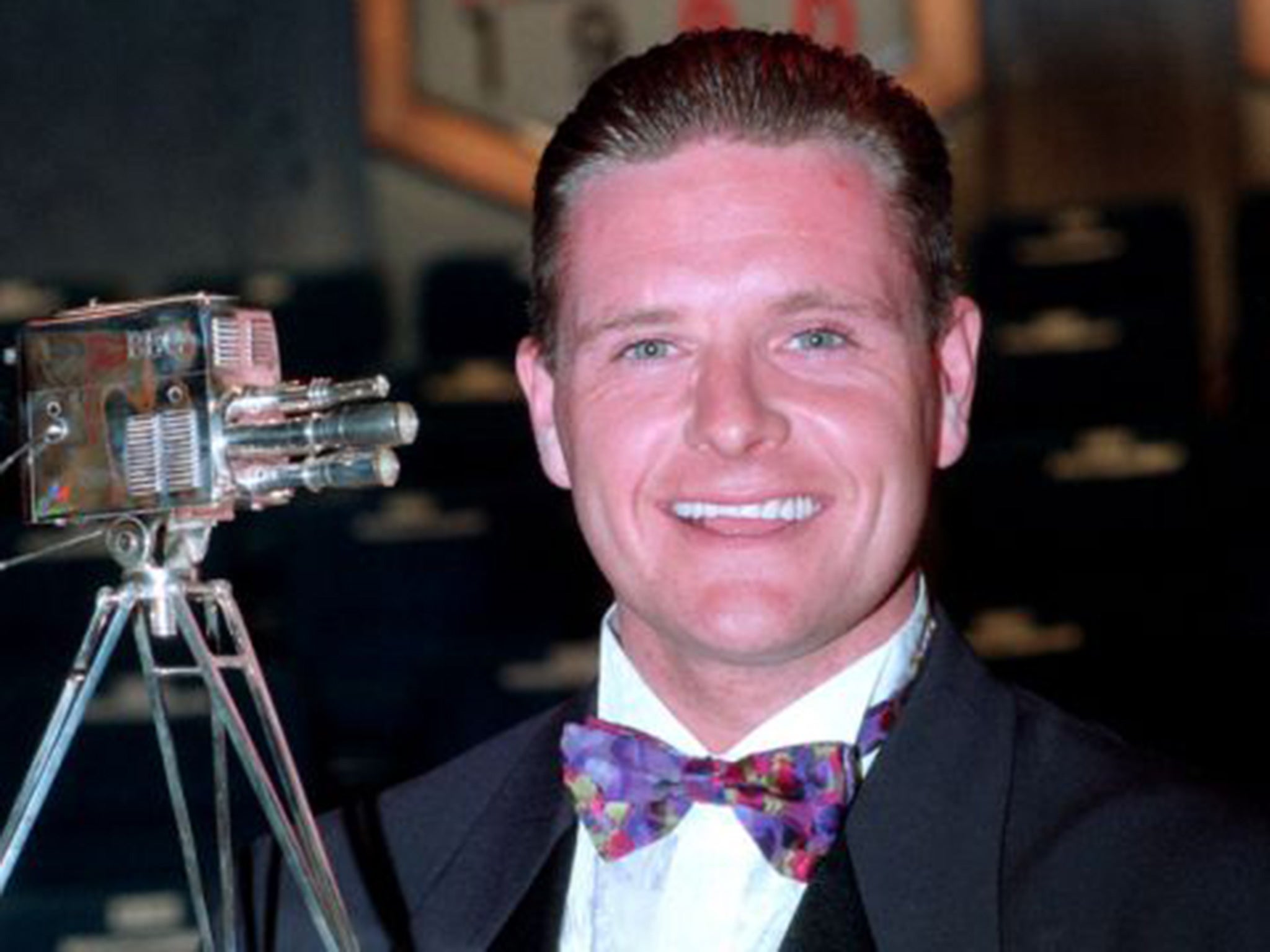
On a tide of Gazza-mania, amid nationwide hilarity at those plastic boobs, the young footballer was a shoo-in for SPOTY 1990.
But if plastic breasts are not an option, Mr Fury could always try emphasising his royal status as the self-styled “Gypsy King”. Because a royal connection can help beat even the footballing genius George Best into second place.
By 1971, Best had yet to go completely off the rails, and still had the looks, the rock ‘n’ roll lifestyle, and the wit that would later allow him to sum up his glory days by saying: “I spent a lot of money on booze, birds and fast cars. The rest I just squandered.”
And in 1970 he had been invited to Downing Street by Prime Minister Harold Wilson, who was in the habit of writing him fan mail.
Which might have been enough to make even David Beckham (Sports Personality of the Year 2001) seem a pale, goody-two-shoes imitation.
But in 1971 what mattered to BBC viewers was that the 21-year-old Princess Anne had won an individual gold at the European Eventing Championships at Burghley.
The royal horsewoman won SPOTY – as did her daughter Zara Phillips, in 2006, the year she became eventing world champion.
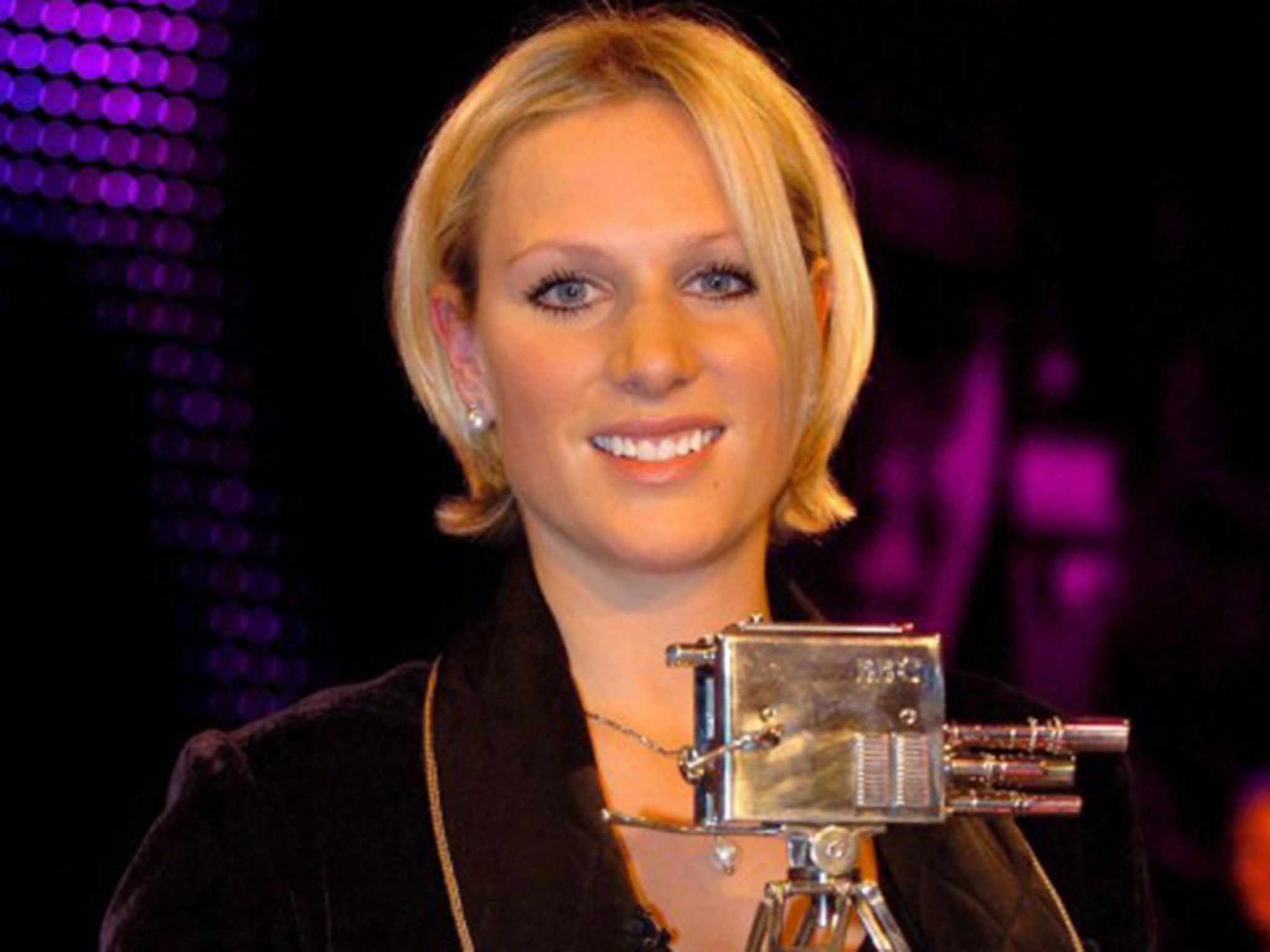
Although it’s also true that, as Bradley Wiggins proved in 2012, you don’t have to be establishment to win. After winning gold at an Olympic cycling time trial, the average competitor might perhaps hug a few friends and supporters.
If you are Bradley Wiggins, you ensconce yourself upon an enormous gold throne, and add to the insurrectionary feel by talking nonchalantly about “wherever we are” – knowing full well you are outside the royal palace of Hampton Court. Then you suggest that winning gold at London 2012 and becoming the first Briton to win the Tour de France were surpassed by playing guitar with the “Modfather” Paul Weller.
But before Mr Fury gets too confident about his own “charisma”, he should be aware that nothing is certain with SPOTY.
Even when it began, in a genteel age when votes were sent in by post and counted by the programme editor Sir Paul Fox and his son on their living-room floor, there could be surprising results.
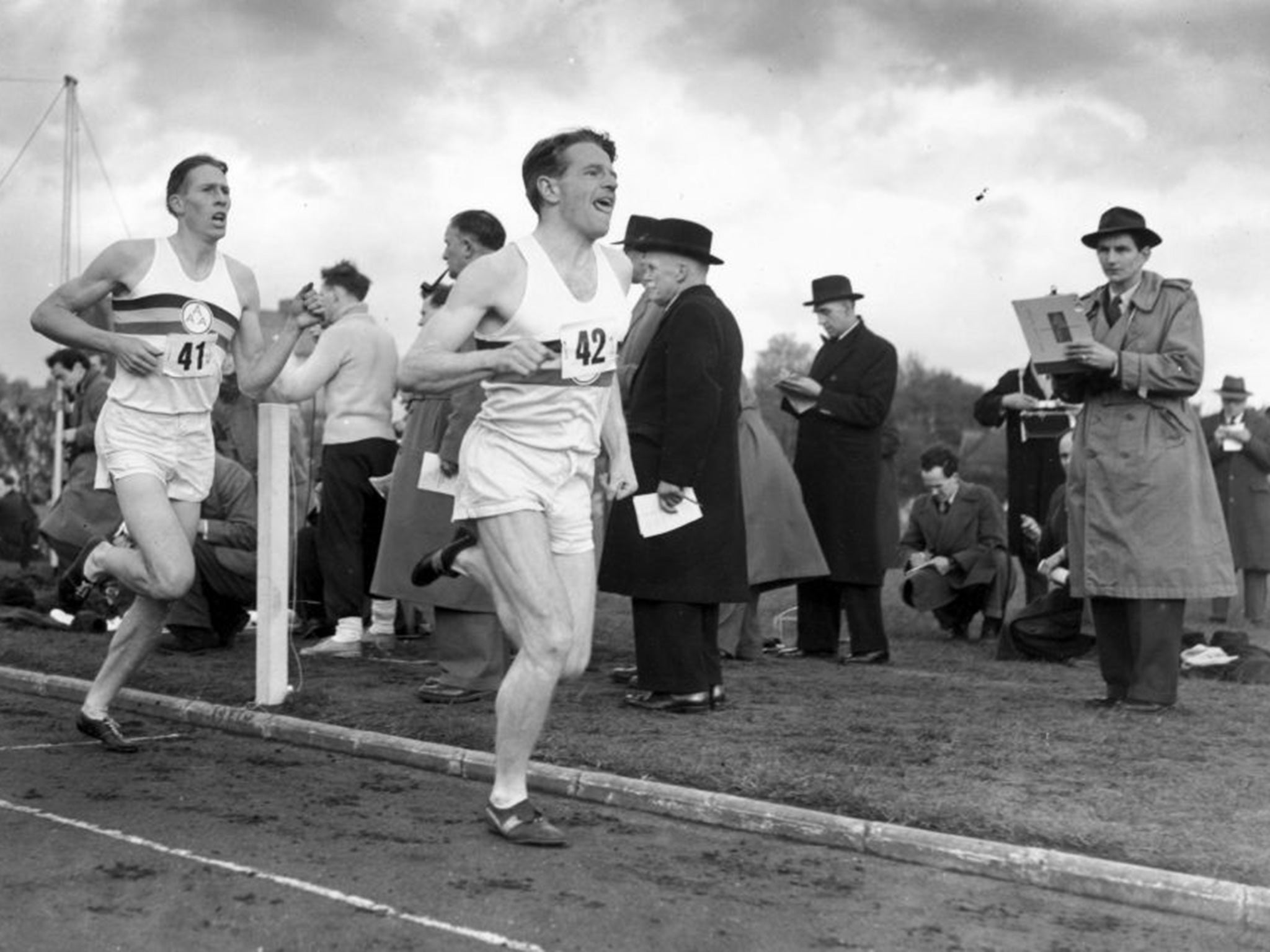
Among those who gathered at the Savoy for the inaugural 1954 ceremony was Roger Bannister, who that May had become the first man in history to run a mile in under four minutes.
He didn’t win. One of his pacemakers did – Chris Chataway, who in October had overtaken the 1954 European 5,000m champion Vladimir Kuts of Russia in the last 10 strides to win a race at White City in world-record time.
Bannister’s feat had been broadcast live on BBC radio, but Chataway’s victory had been seen by 12 million viewers on live television.
So if Mr Fury fails to win tomorrow, he can count himself in the best of company – along with the one that got away, angling legend Bob Nudd.
In 1991 “Essex ace” Nudd had completed an incredible double: after clinching the coarse angling world championship in 1990, he won the title again, in what is Britain’s most popular participation sport. On its front page, the Angling Times called upon Britain’s anglers to “bury the Beeb under a mountain of votes for our world beater”.
The votes duly flooded in – 10,000 by most accounts – putting the Beeb in something of a pickle. It was, of course, nothing to do with the fact that Nudd had hardly ever been on the telly and his sport was not obviously useful for an action-packed highlights package.
His votes were invalidated because they were part of an orchestrated campaign.
Runner Liz McColgan won that year, with England rugby captain Will Carling and Gary Lineker coming second and third respectively.
On the riverbank, they still mutter about justice denied to a real personality, a true gent who always has time to chat to his fellow anglers – although he might never take his eyes off his float or rod tip.
But the man himself is far too genial to worry. “I probably did get the most votes,” Nudd told The Independent. “But I fully agree they couldn’t have given me the award. Your sport had to be televised. If they weren’t anglers, viewers would have been looking at the television and saying ‘Bob who?’”
Nudd got to go to the ceremony, though. “I had a great night: great food and drink, and I got to watch the awards.”
It remains to be seen whether Mr Fury will be so magnanimous.

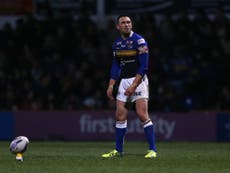
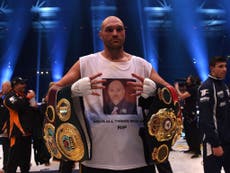
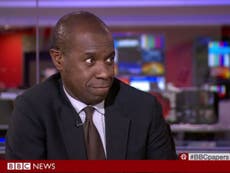

Join our commenting forum
Join thought-provoking conversations, follow other Independent readers and see their replies